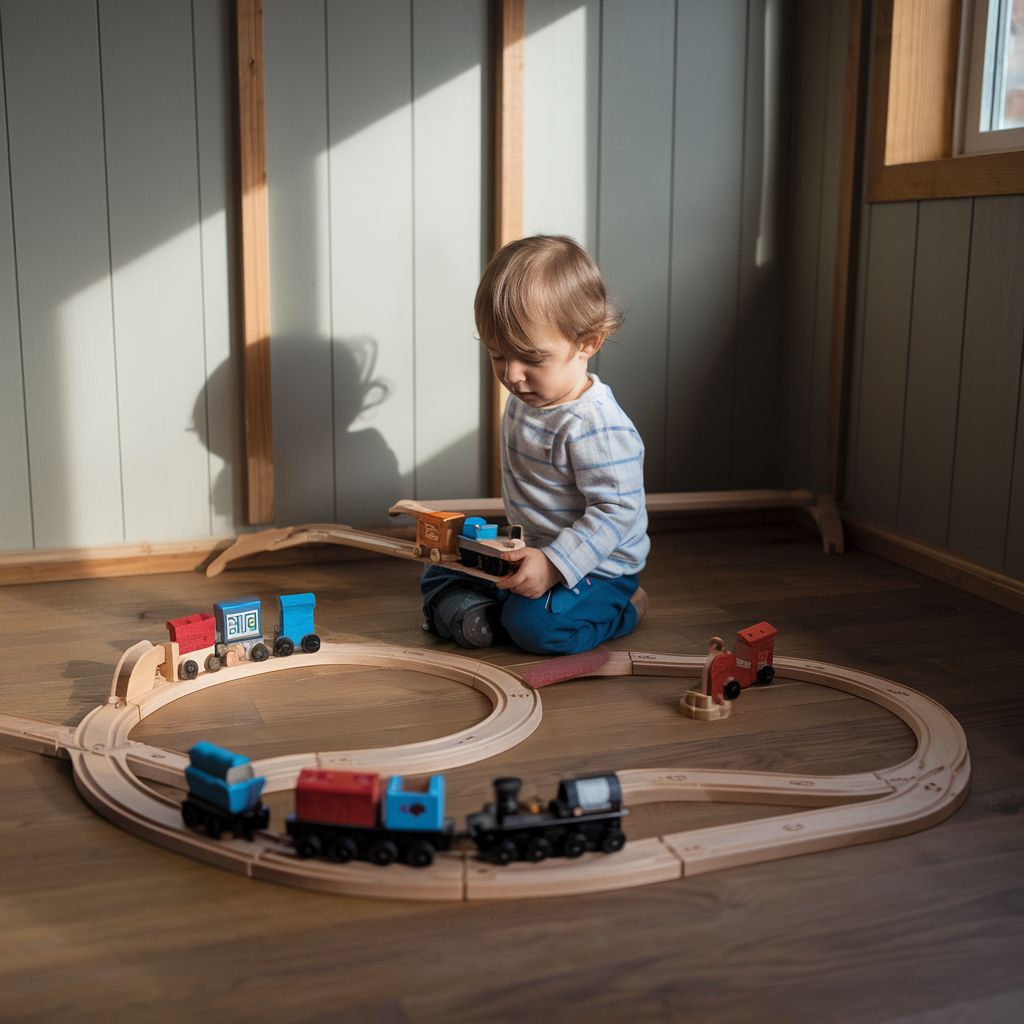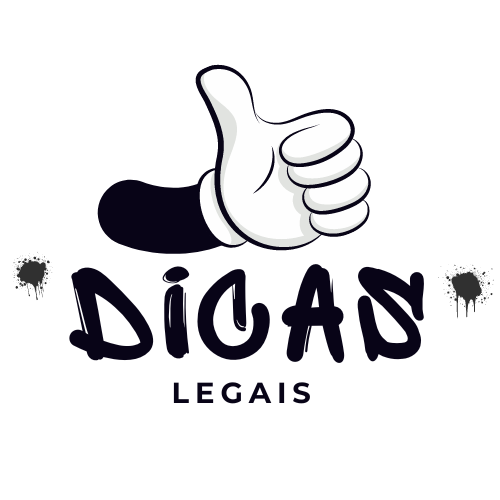Educational wooden toys are excellent tools for stimulating children’s cognitive development. Not only do they provide fun, but they also help strengthen important skills such as logical reasoning, concentration, problem-solving, and motor coordination. In addition to being durable and eco-friendly, these toys encourage learning in a natural and interactive way. Here are five educational wooden toys that play a significant role in cognitive development for children.

1. Wooden Puzzles: Developing Problem-Solving Skills
Wooden puzzles are classics in the world of educational toys. They stimulate logical reasoning and critical thinking, as children need to analyze shapes and colors to fit the pieces together correctly. Puzzles also promote patience and concentration.

This type of toy is ideal for children of various ages, with different levels of complexity. The more challenging the puzzle, the greater the opportunity for the child to develop skills such as planning and mental organization.
2. Stacking Blocks: Stimulating Creativity and Spatial Thinking
Wooden stacking blocks help develop fine motor coordination and spatial awareness. As children manipulate the blocks, they experiment with different ways to stack and build, improving their sense of balance, proportion, and symmetry.

These blocks also encourage creativity, allowing children to use their imagination to create towers, houses, bridges, and other structures. The freedom to create helps develop independence and creative thinking while also teaching basic math concepts, such as shapes and sizes.
3. Wooden Abacus: Introducing Mathematical Concepts in a Fun Way
The wooden abacus is one of the oldest and most effective educational toys for teaching basic math. By moving the beads from one side to the other, children learn concepts like counting, addition, and subtraction in an interactive way.

Additionally, the abacus helps improve motor coordination and concentration. Children can use the abacus to solve simple problems, making learning numbers more visual and enjoyable, rather than purely abstract.
4. Balance Tower: Improving Coordination and Emotional Control
The wooden balance tower, also known as “Jenga,” is an excellent toy for developing fine motor skills, emotional control, and strategic thinking. Children must carefully remove pieces from a tower without knocking it over, which requires concentration, precision, and patience.

This type of toy also encourages quick decision-making and teaches children how to deal with frustration while persevering through mistakes. With each round, they learn to adapt and improve their planning and execution skills.
5. Shape Sorting Toys: Sensory and Cognitive Learning
Shape sorting toys are perfect for teaching young children about colors, shapes, and sizes. As they try to fit each piece into its respective space, children develop motor and cognitive skills, such as the ability to identify similarities and differences between objects.

These types of toys help stimulate visual memory and sensory perception, which are essential for developing more complex skills like literacy and problem-solving.
Conclusion
Educational wooden toys are far more than just entertainment. They play a crucial role in children’s cognitive development, helping to strengthen important skills such as problem-solving, logical reasoning, concentration, and motor coordination. From puzzles to abacuses and stacking blocks, each of these toys provides a valuable and interactive learning experience.
By choosing wooden toys for your child, you are investing not only in their fun but also in their intellectual and emotional development. These toys promote natural and meaningful learning, preparing children for future challenges in a playful and engaging way.
